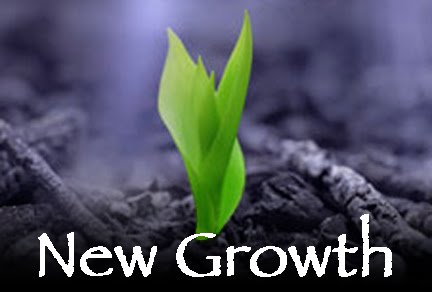For the installment, I've picked 5 books that aren't really "how-to" guides, but rather are inspirational stories about their authors' lives. Some of them are instructional in parts, but overall, they deal more with the big picture of living a more self-sufficient life.
Gene Logsdon is a farmer from Ohio who also happens to be a gifted and very prolific author. He's written over 20 books that range from novels to informational non-fiction. 'The Contrary Farmer" is about common sense, small scale farming that is rooted in a genuine love for the land that is being stewarded. Logsdon balances practical know-how with beautiful prose to create a book that informs while still being a pleasure to read.

Perry has an easy going and humorous way of relating the ups, downs, and corkscrews of rural life. While not a farmer by trade, his stories and anecdotes deal with his attempts at raising chickens and pigs, fixing up an old farm house, and the birth of a new child. He filters many of these episodes through his memories of growing up on his parents farm. It's a warm and funny read that is sure to have at least a few parts which any aspiring homesteader can relate to.

The premise of this book will be familiar to people acquainted with the local food movement. For one year, the author and her family attempt to only eat food that a) they grow themselves or b) they get from farmers and producers in their bioregion. Along the way they realize just how difficult (if not impossible) it can be to get many of the foods that we consider staples from a local source. As a result, the Kingsolvers broaden their diets, acquire new skills, and develop a deeper appreciation for many of the culinary luxuries that we take for granted. The recipes and sidebar additions from her daughter and husband make this book truly a family project, and it is a lot of fun to see them work their way through it.

In "Better Off", Eric Brende asks a very thought provoking question: How much technology is necessary in a society for its members to enjoy full and leisurely lives? He chose to address this query for his Masters thesis at MIT by moving with his new bride to an ultra conservative, Amish-style community. For the next 18 months, the Brende's lived without electricity, a car (mostly), and virtually all of the other conveniences that make up the fabric of day-to-day modern American life. In doing so, he comes to understand the multi-faceted value of doing things the "hard way". He also notes the inseparable nature of manual labor and genuine community. In the end, a surprising allergic twist seems to be the only thing that keeps the couple from joining the community for good. I picked this book up without realizing that the author lives in St.Louis, and is active at Soulard Farmers Market. I've since met his wife and would love to have the opportunity to talk to him personally. I read the book in two days (I couldn't put it down), and I would highly recommend it to anyone who is interested in self sufficiency, technology issues, or simple living.

The previous four books all deal with, or at least take place in, rural settings. "Farm City" appealed to me because it focuses on this seemingly oxymoronic concept of urban agriculture. Also, Novella Carpenter is funny as hell. She and her boyfriend move to the ghetto in Oakland, California. She proceeds to carve a farm out of an abandoned lot with bums, gangbangers, and crackheads for neighbors. While I don't exactly live in the 'hood, her exploits here really resonated with me. I saw myself in many of her triumphs and failures. She exposes the incredible amount of waste that a city generates, and puts it to good use raising animals and plants. She tackles the issue of eating sustainable and ethically produced meat by raising and butchering her own chickens, ducks, geese, rabbits, and hogs. She breaks down many of the common stereotypes about what it means to live in the city and what it means to be a farmer. It's genuine, hip, hilarious, and very inspiring. I can't recommend this book enough to anyone who aims to be an urban homesteader.










